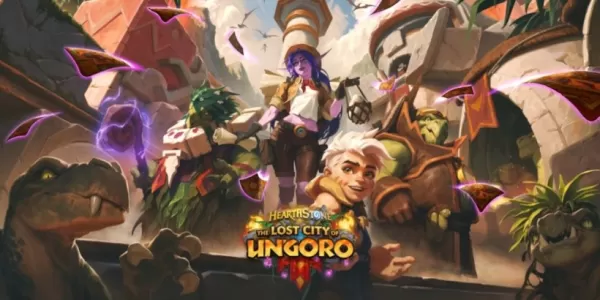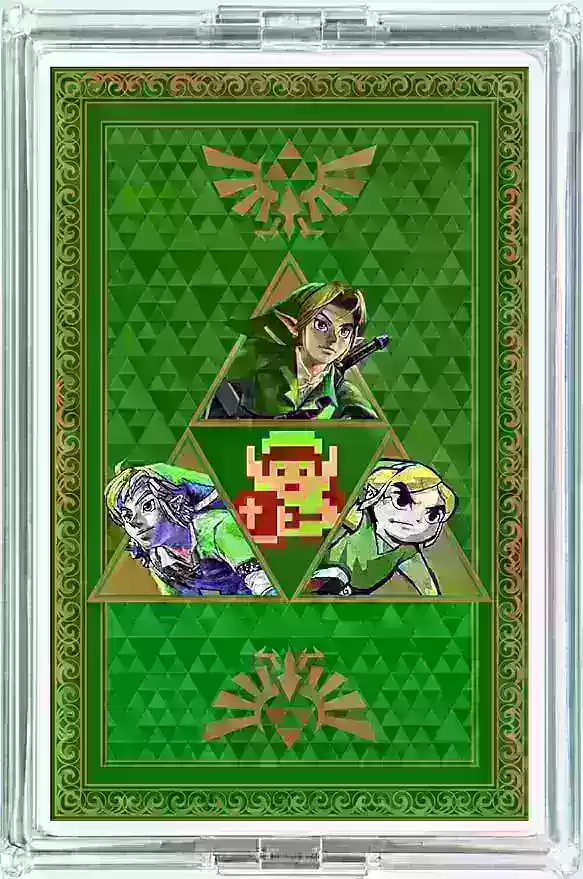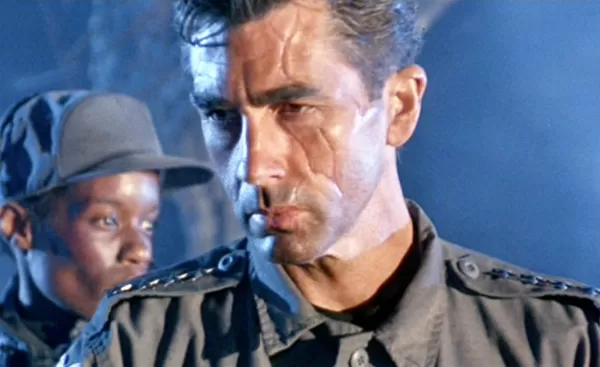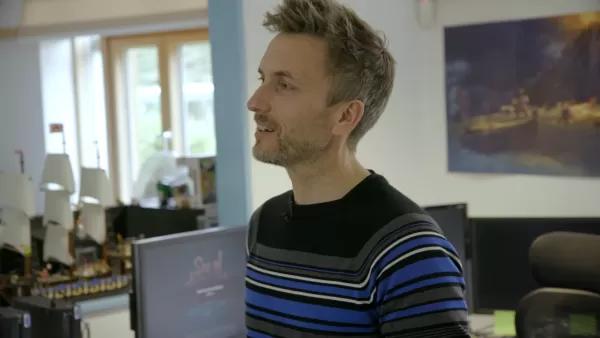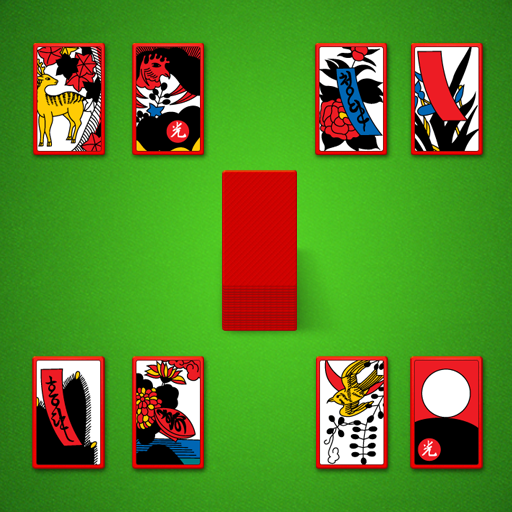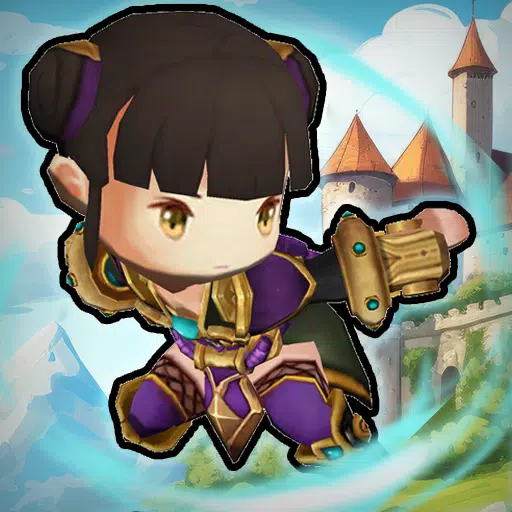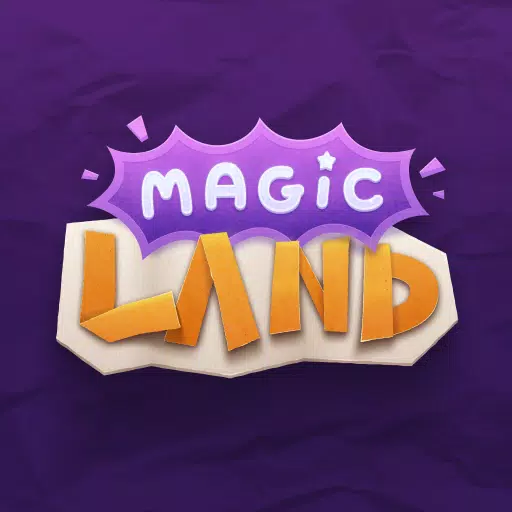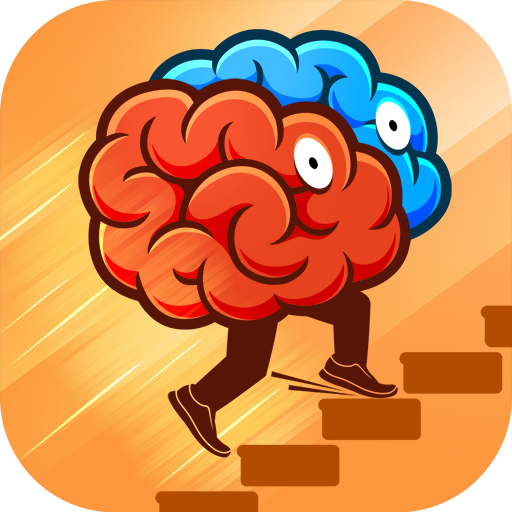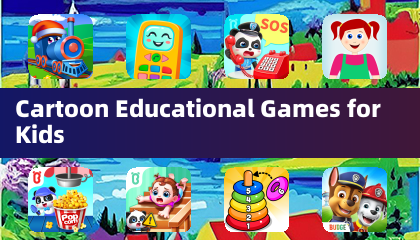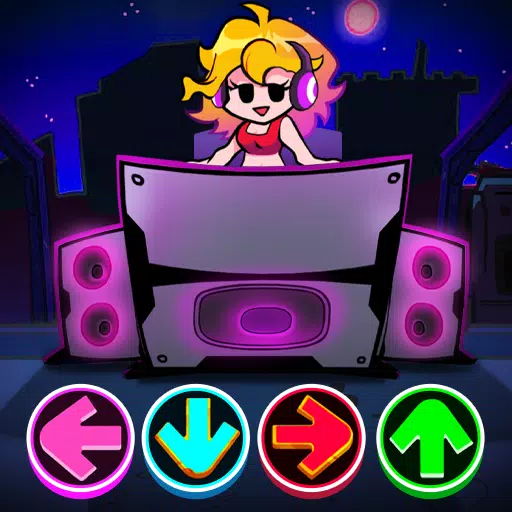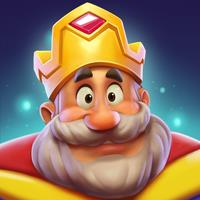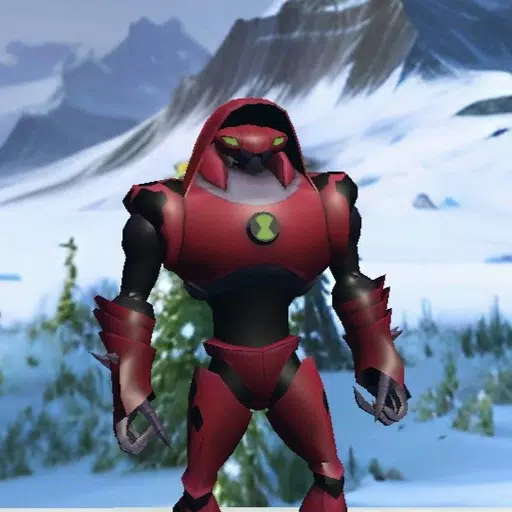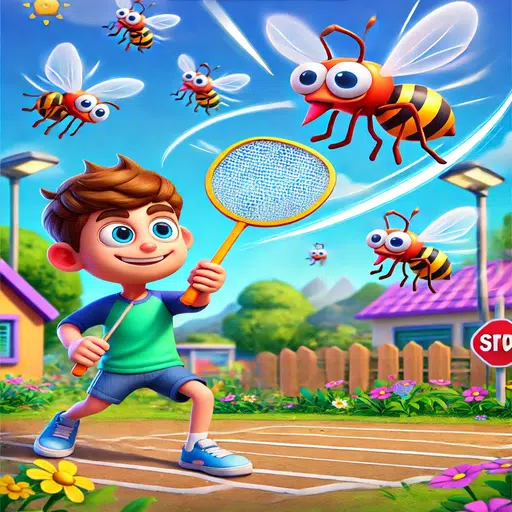The integration of artificial intelligence (AI) in video games has sparked widespread discussion, including from renowned game creators like Yoko Taro of the NieR series. In a recent Famitsu interview, translated by Automaton, Yoko Taro, along with other notable Japanese game developers—Kotaro Uchikoshi (Zero Escape, AI: The Somnium Files), Kazutaka Kodaka (Danganronpa), and Jiro Ishii (428: Shibuya Scramble)—delved into the potential impact of AI on game development, particularly in the realm of narrative-driven adventure games.
When asked about the future of adventure games, both Yoko Taro and Kotaro Uchikoshi voiced their concerns regarding AI. Uchikoshi expressed apprehension about the rapid evolution of AI technology, suggesting that AI-generated adventure games might become commonplace. However, he noted that current AI technology falls short in producing "outstanding writing" that matches human creativity. He emphasized the importance of maintaining a "human touch" to differentiate from AI-driven content.
Yoko Taro shared similar worries, stating, "I, too, believe that game creators may lose their jobs because of AI." He speculated that in the future, game creators might be relegated to a role akin to that of bards, suggesting a significant shift in their professional status.
The discussion also touched on whether AI could replicate the intricate worlds and narratives crafted by these developers. While Yoko Taro and Jiro Ishii believed it was possible, Kazutaka Kodaka argued that even if AI could mimic their styles, it wouldn't possess the essence of a true creator. He likened this to how others might write in the style of David Lynch, but only Lynch himself could evolve his style authentically.
Yoko Taro proposed the idea of using AI to generate new scenarios within games, such as alternate routes in an adventure game. However, Kodaka pointed out that such personalization could diminish the shared experience that many gamers value.
The conversation around AI in gaming extends beyond this group of creators. Companies like Capcom and Activision have been experimenting with AI, while Nintendo president Shuntaro Furukawa acknowledged the creative potential of generative AI but highlighted concerns about intellectual property rights. Both Microsoft and PlayStation have also contributed to the ongoing discourse on AI's role in the gaming industry.
In summary, while AI presents exciting possibilities for game development, it also raises significant concerns about the future of human creativity and job security in the industry. The consensus among these developers is clear: the human element in game creation remains irreplaceable, and the challenge lies in balancing AI's capabilities with the unique touch that human creators bring to their work.

